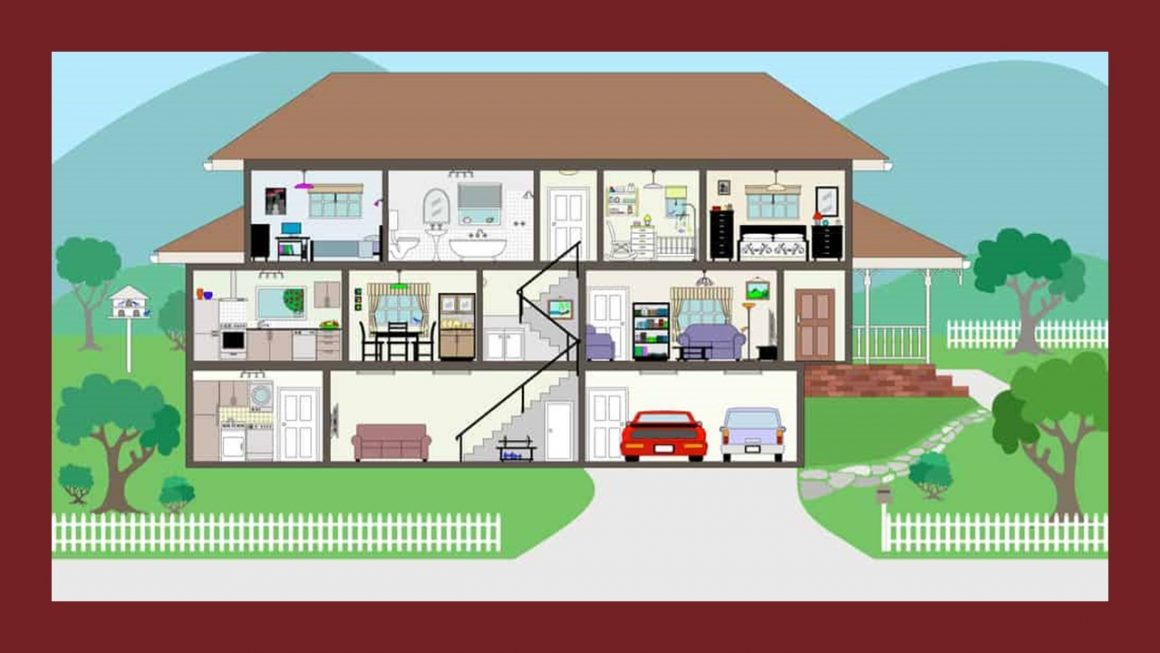According to the Natural Resources Defense Council, Environment America, Science News and a recent study from Lund University, there are actions we can each take to reduce our personal carbon footprint. Below are a few:
First, how you travel and get around has a big impact on your carbon footprint. Avoiding air travel is one of the most significant ways to reduce your transportation footprint. Other considerations are to get rid of a car; car share; use a zip car; carpool; combine trips; or ride public transit. Living car free is one of the top actions you can take. Or consider that replacing your conventional car with an electric car can also reduce your carbon footprint.
Fossil fuels used for the generation of conventional energy are the most polluting and energy intensive energy source, especially when compared to purchasing green energy. To reduce your footprint, consider buying clean energy from a renewable energy provider or through programs such as community solar. Of course installing solar panels on your home is an option too.
In the kitchen, eating a plant-based diet and buying locally produced and grown food can reduce your foodprint, which includes land use, farm, animal feed, processing, transportation, retail, and packaging aspects. Also, make sure you have Energy Star-certified appliances such as refrigerators, microwave ovens, and dishwashers. Running the dishwasher only when full, for example, could avoid 100 pounds of carbon dioxide pollution per year.
In the bedroom or living room, unplug fully charged devices. Some 23 percent of the electricity consumed in U.S. homes today vanishes as standby power, constantly feeding our perpetually plugged-in phones (or e-readers or tablets).
In the basement, lower the water heater temperature. Many water heaters are set at 140° F, but 120°F is sufficiently hot for most household needs. Hot water production accounts for about 20 percent of residential energy use. Also, when washing clothes, consider cold washes. A washing machines can use 90 percent of its energy to heat water.
Finally, in the office, avoid screensavers on your computers and television. Opt to use low power or sleep modes instead.

